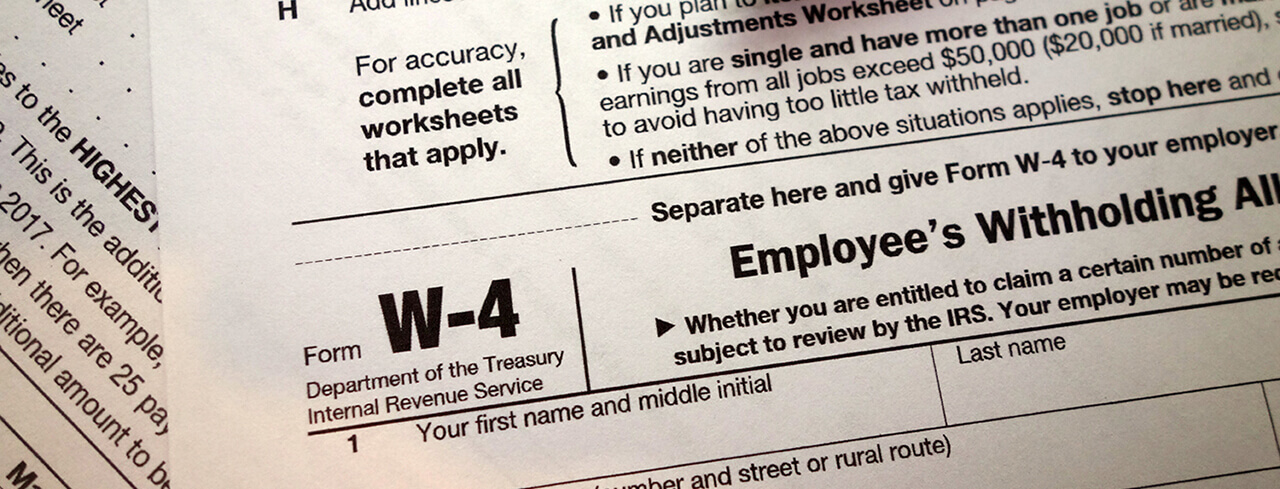Summer jobs can be an effective way to teach children about financial responsibility, encourage them to save for college or retirement, and provide them with spending money during the school year. If you own a business, consider hiring your child (or grandchild) as a legitimate employee. It can be a smart tax-saving strategy for employee and employer alike, especially under the Tax Cuts and Jobs Act (TCJA).
New Tax Benefits of Hiring Your Child












